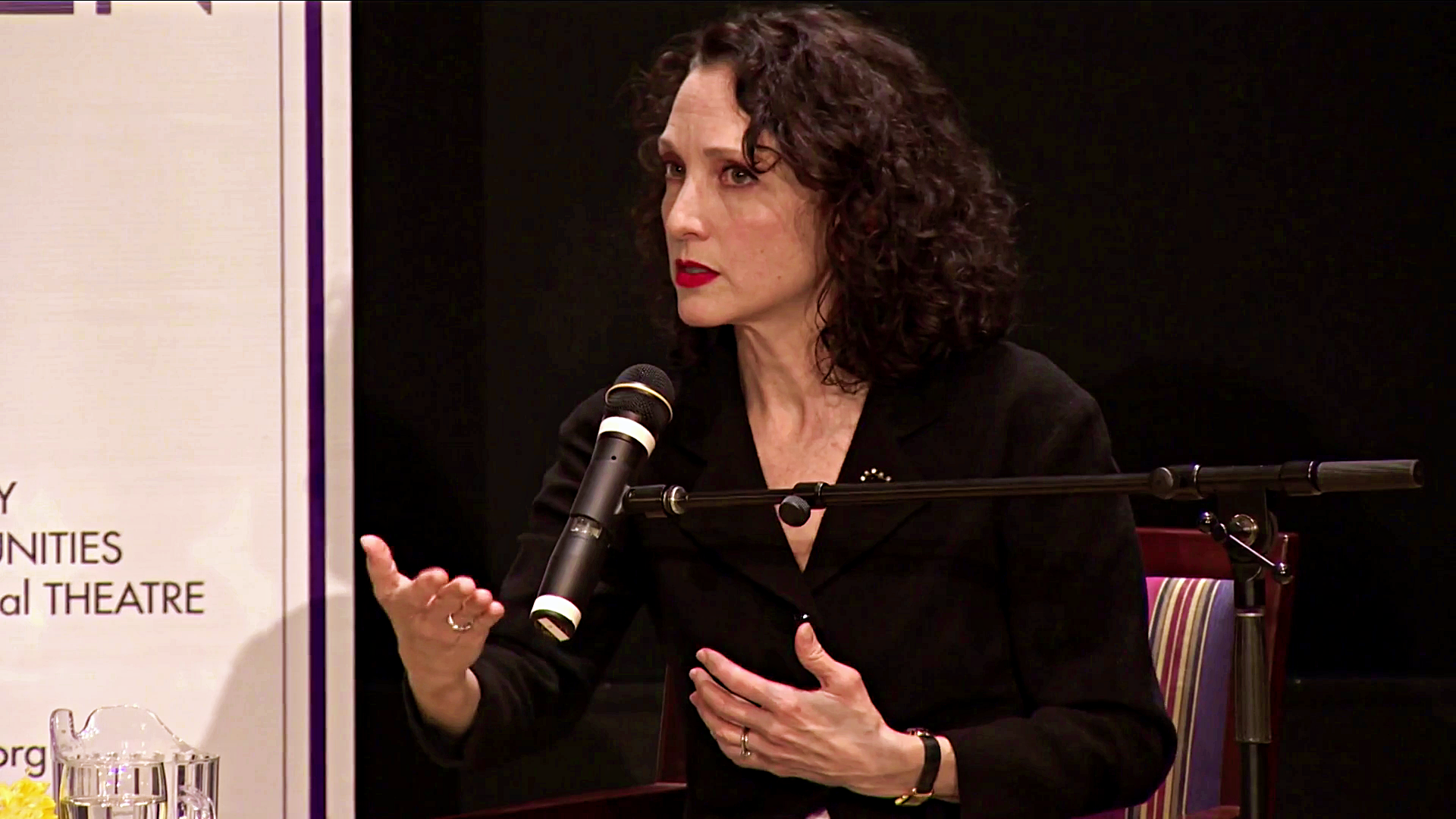
Aging and Agelessness
I believe that women’s personhood is conditional, that it slowly erodes the further we diverge from an ideal of beauty that is defined by what men consider desirable, that if we are old, fat, disabled, queer, gender non-conforming, or of color, we are considered less than human.

My Favorite Theatre of 2021
As it turns out, getting over my perfectionism and posting to Diva Drivel more often was harder than I thought. Between my own hang-ups and the demands my graduate classes made on my time last semester, I found it difficult to write. For the moment, however, I’m back because I realized that I could come up with the time and energy to make a simple list of my favorite theatre from 2021. Perhaps this is something that I could manage on a month-by-month basis in 2022? No promises.

One Year of Diva Drivel
One year ago, I first shared Diva Drivel with the world (or rather, a small circle of friends and family who cared to read it), and there have been many developments in my life since then.

What the Constitution Means to Me and Women’s Generational Trauma
What the Constitution Means to Me continues to have a hold on me because I think it is an excellent reminder that we still need feminism, and not the individualistic feminism that saturates popular media today that has been adopted as a way for brands to market products to women under the guise of “self-empowerment.”
Male violence is an omnipresent threat. Our access to reproductive health care is insecure. These are not obsolete concerns of previous generations. The gendered trauma our mothers experienced is ours today.

Diva Prose: Bernadette Peters
Thinking about diva-ness in relationship to Bernadette Peters is a curious task because while she’s often called a diva, writers usually clarify that she doesn’t demonstrate the typical negative traits associated with divas, to the point that Frontiers even published an article about her called “The Anti-Diva Diva.” This paradox arises from the slippage between the two definitions of diva—distinguished female singer and temperamental woman.
What follows may at times veer into the “trashy cadences and idioms of” what Koestenbaum calls “diva prose,” as I defend and construct Bernadette Peters as diva through Koestenbaum’s words.

What’s So Queer about The Nanny?
During my break between the fall and spring semester of classes, I binge watched all six seasons of The Nanny in about three weeks. In the final stretch of episodes, I slowed down my pace because I dreaded leaving the world of this little show behind. Sure enough, by the time Barbra Streisand’s “The Way We Were” played over Fran’s last moments in the Sheffield brownstone, I was sobbing. I don’t usually react so viscerally to fiction, and the intensity of my feelings worried me as days passed and my chest still ached every time my thoughts wandered to the show. It wasn’t until after the Capitol riots shocked me out of my fugue that I was able to put my feelings in perspective. Still, I wondered: Why does this show have such a hold on me and so many other queer people?

Specters of Male Violence in “Especially Heinous” and What the Constitution Means to Me
When I was growing up my mom often repeated a warning to my sister and me about men. She warned us that not every man we meet would be as trustworthy as our dad and our poppop. Sometimes she didn’t put our other grandfather or our uncles in this category of trustworthy men, which I don’t think reflects on their character; rather, she knew that even the men closest to us often have the potential to betray us.

On Audience and Bebe Neuwirth’s “Real Live Girl”
In live performance there is a dialogic relationship between performer and audience wherein the audience listens for the “memory, desire, and hope” that well up in the performer and echo back their own, disparate impressions. Because of Neuwirth’s approach to performance, any lingering preoccupation with Bebe-Neuwirth-as-star falls by the wayside as the song and the story it tells take center stage. Spectators can fully immerse themselves in the narrative because they are unencumbered by the knowledge of an already-established import for its performer.

Closeted Queerness in Remains of the Day
There was a change in the atmosphere when Miss Kenton cornered Stevens, “almost as though the two of” them “had been suddenly thrust onto some other plane of being altogether.” That atmospheric shift is clear both in the novel and in the film; Miss Kenton’s tacit flirtation and Stevens’s refusal to match her intimacy creates a thick sexual tension. In the director and producer commentary track for the film, Emma Thompson observes that Stevens looked at Miss Kenton’s mouth, and that his hand was positioned so it looked as if he was about to caress Miss Kenton’s hair. Stevens was on the precipice of action here, but as Thompson puts it, he “just can’t bring himself to do it”—he must restrain himself from expressing his desire to maintain his exacting portrait of professionalism.

Looking for the Lesbian in Tootsie (1982)
Julie is blonde, beautiful, moderately famous and already entangled in a fraught relationship with the director (Ron) of the soap opera she stars in, and Dorothy is her new homely, older female co-star who has caught the eye of her widowed father, Les. How could Dorothy, perhaps the most unlikely candidate possible for winning her affection, be the one who troubles Julie’s understanding of her sexuality?

Why “Diva Drivel”?
Couldn’t one say that every woman of a certain age is a diva? There is a point in every woman’s life when she ages out of desirability in the eyes of men, and, consequently, loses the ability to stand her ground without risking being called “self-important,” “temperamental,” or “demanding.”